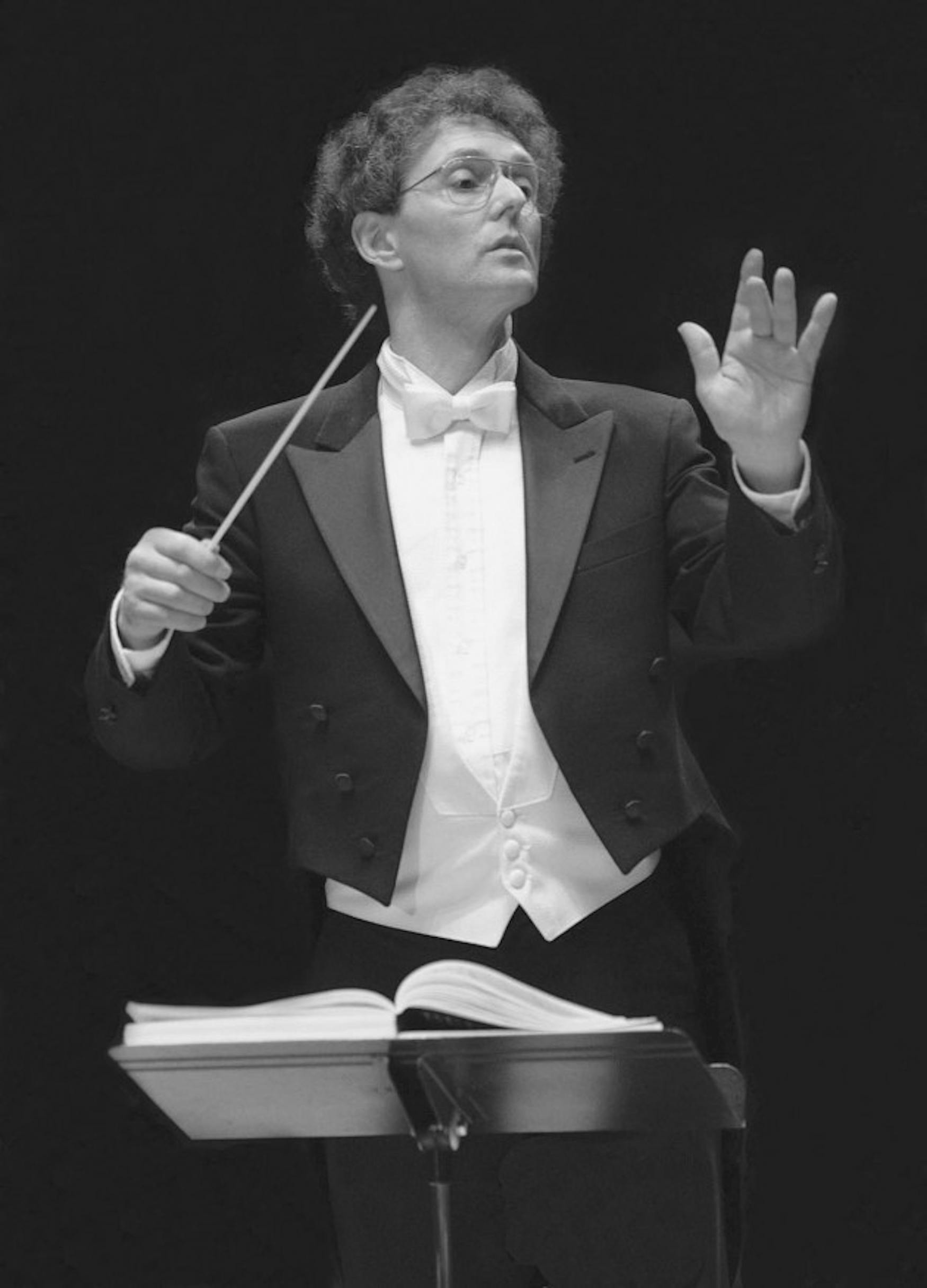Boston Baroque brings Haydn's "Creation" to life
On Oct. 22, Boston Baroque performed Joseph Haydn's masterpiece "The Creation" at New England Conservatory's Jordan Hall. Led by music director and conductor Martin Pearlman, the orchestra opened its 39th season with an exquisite performance of one of the great choral works of all time.
Boston Baroque is America's first period-instrument orchestra, and its talent and innovation has earned the group three Grammy nominations and widespread acclaim. Performing at the concert were talented soloists Amanda Forsythe, soprano; Keith Jameson, tenor; and Kevin Deas, bass-baritone. Pearlman's expertise combined a measured precision with artistic liberty that generated a captivating and uplifting performance.
Haydn completed "The Creation" in 1798 after hearing a number of Handel's oratorios during a visit to England from his native Austria. The libretto, based on Genesis, Psalms and Paradise Lost, was written by Baron Gottfried van Swieten, who encouraged Haydn to take on this work. Haydn is believed to have intended to write a piece on the same scale and that bears the same significance as Handel's "Messiah."
Still performed every year in Vienna, "The Creation" has stood the test of time. Due to its legacy and history, as well as its everlasting relevance and beauty, the work created a buzz that filled Jordan Hall in the moments before the concert. In the fittingly ornate and elegant venue, now a National Historic Landmark, a diverse crowd eagerly awaited the opening notes of the piece as if it were the premiere in 1798.
Pearlman gave a short introduction, the orchestra tuned, and after a silent moment heavy with anticipation, the orchestra began to play. The music was initially apprehensive and wary, meant to depict the chaos that preceded the earth's creation, with an eerie quiet that was punctuated by uneasy, abrupt gestures in the lower registers. Elements of order and harmony gradually appeared in the music until the angel Raphael began the narrative of creation with "Im Anfange schuf," or "In the beginning."
In the first two parts of the work, three angels—Raphael (Deas), Uriel (Jameson) and Gabriel (Forsythe)—first describe the creation of the earth and plants and then the creation of animals and man. The music is highly programmatic, full of creative word painting, and the soloists' animated, expressive performance really made it feel as if they were recalling the story of creation after witnessing it from heaven.
The third part tells the story of Adam and Eve, performed by soprano and baritone with Uriel's continued narration. Deas and Forsythe took on these new roles sincerely, flirting with one another, like Adam and Eve, in so endearing a manner that at times they elicited laughter from the audience. Because of the compelling nature of the story, and the soloists' charisma, this added drama did not distract from the performance but rather enhanced it. By the time they arrived at the final chorus "Singt dem Herren," or "Sing to the Lord," the whole hall felt the gratitude and praise that the chorus expressed, both as the culmination of this performance and because of its relevance to us as creatures of the earth.
The recitative—which, in an oratorio, runs the risk of dragging—was compelling because the soloists were engaging and sang with contagious excitement and ardor. The arias were elegant and skillfully sung, and the choruses were powerful and uplifting. Forsythe's voice was pure and unadulterated; she had many parts that described the sheer beauty and joy on earth, all of which she executed with charm and grace. Jameson's voice was resonant, earnest and full of wonderment, and Deas' low, powerful bass was perfectly suited for describing the billowing, boisterous sea and the lowest creatures on earth.
In some ways, Boston Baroque's performance felt like it could have been the Vienna premiere, and in other ways it felt like a firsthand account from angels. Most importantly, the music and libretto of "The Creation" are so seamlessly intertwined that in a way it was like watching the actual story of creation evolve, allowing a riveting and exquisite musical experience.
The period instruments and inspired performances transported the audience back in time. However, it is the timeless quality of the music and the eternal relevance of this part of our universal identity that made the epic performance just another part in the ever-unfolding story of creation.



Please note All comments are eligible for publication in The Justice.